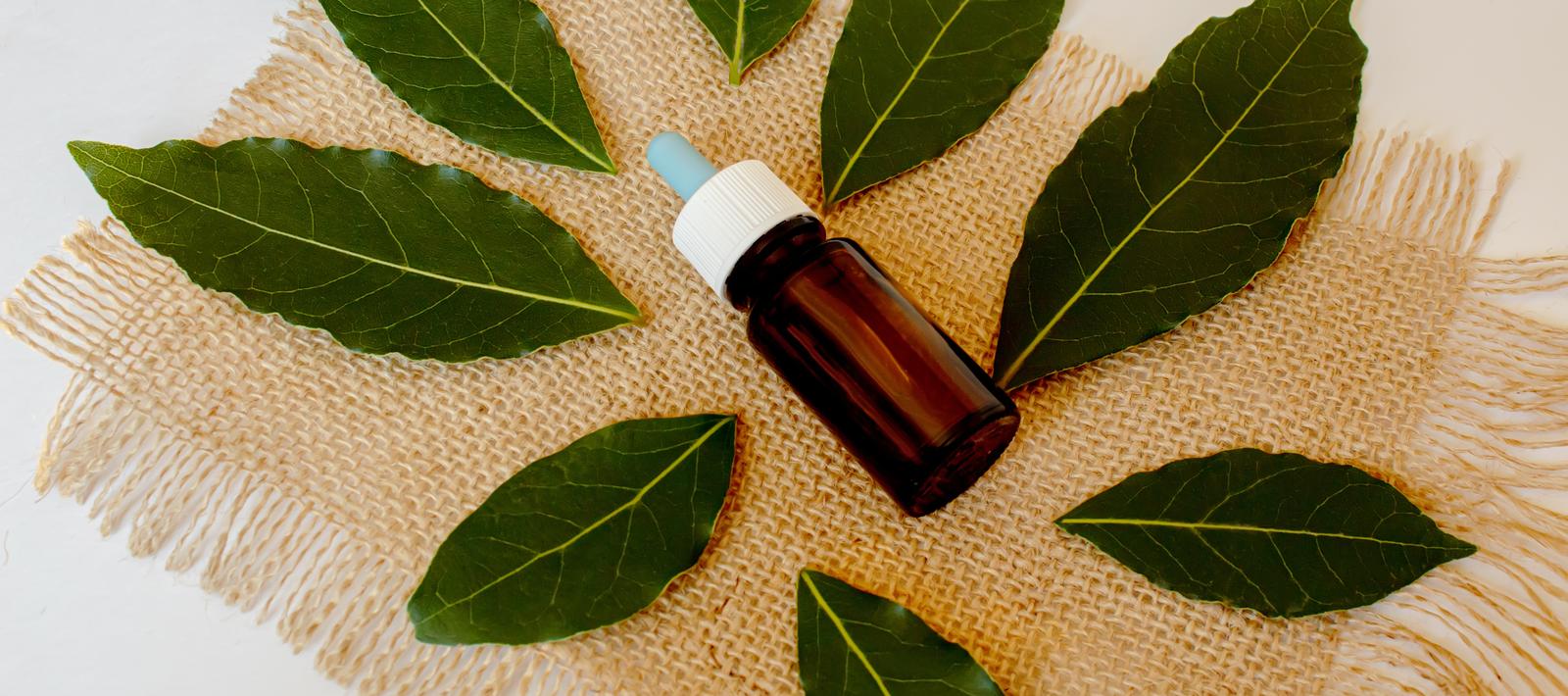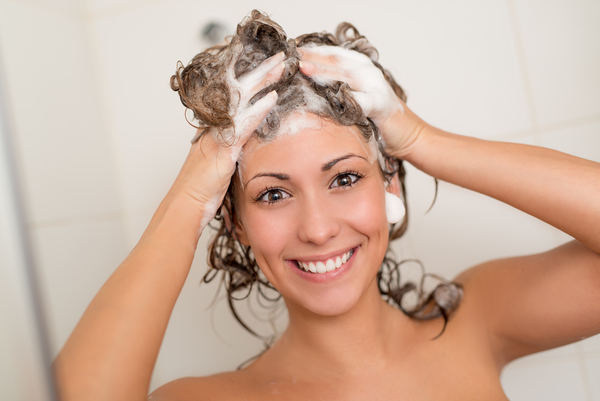Tea tree oil, derived from the leaves of the tea tree, has been used for centuries for its medicinal properties. It’s known for its anti-inflammatory and antimicrobial properties, which make it an effective treatment for a variety of skin and hair conditions. But did you know that tea tree oil can also have a significant impact on the health and appearance of your hair?
From dandruff and itchy scalp to hair loss, tea tree oil has the power to address a variety of hair and scalp issues. It’s a natural remedy that can be used as a scalp treatment or added to shampoos and conditioners for an extra boost.
But before you start incorporating it into your hair care routine, it’s important to understand the proper usage and safety precautions of this potent oil. And we’ll reveal all that and more in this article, but before we dive in, here’s a little teaser: not only tea tree oil can treat hair problems but also it can give you voluminous and healthy hair, are you curious to know how? Keep reading!
How Tea Tree Oil Works for Hair?
The anti-inflammatory and antimicrobial properties of tea tree oil make it an effective treatment for a variety of hair and scalp issues.
Anti-inflammatory properties
Inflammation on the scalp can cause itching, redness, and flaking, which can lead to conditions such as dandruff and psoriasis.
Tea tree oil has anti-inflammatory properties that can help reduce inflammation on the scalp, resulting in a reduction of symptoms.
Antimicrobial properties
Tea tree oil has powerful antimicrobial properties that can help eliminate bacteria and fungi on the scalp. This can be beneficial for people who suffer from scalp conditions such as fungal infections and scalp acne.
The antimicrobial properties also help to keep the scalp clean and healthy, which can promote healthy hair growth.
By reducing inflammation and eliminating bacteria and fungi on the scalp, tea tree oil can help to create a healthy environment for hair to grow. It can also help to unclog hair follicles, which can result in healthier hair growth and may help to prevent hair loss.
How to Use Tea Tree Oil for Hair?
There are several ways to incorporate tea tree oil into your hair care routine for optimal benefits.
Scalp treatment
Mix a few drops of tea tree oil with a carrier oil, such as coconut or jojoba oil, and massage it into your scalp.
Leave it on for 15-20 minutes before washing it out with shampoo. This method can help to reduce inflammation, eliminate bacteria and fungi, and promote healthy hair growth.
Shampoo and conditioner
Add a few drops of tea tree oil to your shampoo or conditioner for an extra boost. This method can help to keep your scalp clean and healthy, and can also help to prevent dandruff and other scalp conditions.
Leave-in treatment
Mix a few drops of tea tree oil with a carrier oil and apply it to your hair as a leave-in treatment. This can help to reduce dandruff, itchy scalp, and hair loss.
It’s important to note that when using tea tree oil in hair care products, it’s recommended to use products that have tea tree oil as an active ingredient.
If you’re using a product that doesn’t have tea tree oil, be sure to check the label for any other ingredients that may cause irritation. In addition, it’s also important to patch test the oil before using it on your entire scalp to ensure that you don’t have an allergic reaction.
It is also important to be aware of the recommended usage, as overuse of tea tree oil can lead to dryness and irritation of the scalp. It’s also important to avoid contact with eyes as it may cause irritation.
Potential Side Effects
Tea tree oil is considered safe when used in small amounts and diluted with a carrier oil, however, it may cause some side effects for certain individuals.
Skin irritation
Tea tree oil can cause skin irritation for some people. This is more likely to occur if the oil is used in high concentrations or if the person has sensitive skin.
To avoid skin irritation, it’s important to always dilute tea tree oil with a carrier oil and to patch test the oil before using it on the entire scalp.
Allergic reactions
Some people may be allergic to tea tree oil. Symptoms of an allergic reaction may include itching, redness, and rash. [Source]
If you experience any of these symptoms after using tea tree oil, stop using it and consult a doctor.
Overuse
Overuse of tea tree oil can lead to dryness and irritation of the scalp. It’s important to use the oil as directed and to avoid overuse.
Other adverse effects:
if ingested in large quantity can lead to some adverse effects such as stomach upset, and can be toxic to animals.
It’s important to note that tea tree oil should be used with caution and that anyone with sensitive skin or a history of allergies should be extra careful when using it.
If you’re unsure about how your skin will react to tea tree oil, it’s best to consult a dermatologist before using it. Additionally, pregnant and breastfeeding women should avoid using tea tree oil.






